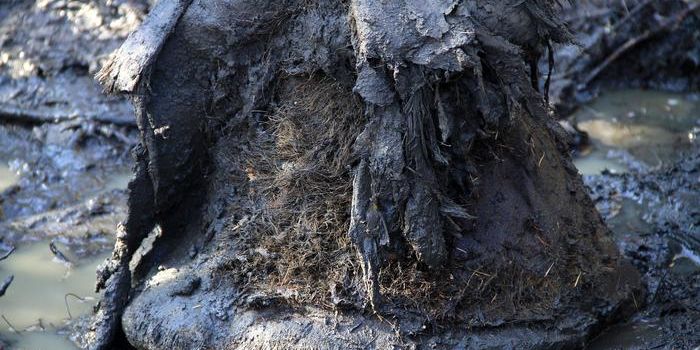Forest Recovery Efforts in China Appear to be Working
After years of shrinking forests in China, such as logging and industrialization efforts, necessity of natural resources, agriculture development, and natural disasters, China’s forests have finally started to turn up a new leaf.

A new bit of research performed by Michigan State University is indicating that the declines in forests in China are being reversed. The findings, published in Science Advances, reveal that forestry has improved up to 1.6% since 2010.
"Our results are very positive for China," said author Andrés Viña of MSU-CSIS. "If you look at China in isolation, its program is working effectively and contributing to carbon sequestration in accordance to its agenda for climate change mitigation. But on the other hand, China is not in a vacuum."
The number may not seem that large, but over the span of nearly 61,000 square miles, trees take a while to grow to become a part of full-sized forests with thick green tree cover. With that being said, it’s a step forward in the right direction now that China is seeing increases in forestry despite a long period of declining forests just before it.
The researchers utilized NASA's Moderate Resolution Imaging Spectroradiometer (MODIS), as well as Google Earth’s high-spatial-resolution images to compare the past to the current in terms of how China’s forestation has changed over the years.
The results showed positive gains and prove that efforts from the Natural Forest Conservation Program (NFCP) are making a difference.
These forests are important for several reasons – not only are they the homes to various kinds of wildlife that need a habitat to stay in, but forests are also critical to our planet’s climate control.
Trees from forests also convert a lot of the planet’s carbon dioxide to oxygen, which is never a bad thing to keep around considering the planet has the highest carbon dioxide footprint ever recorded in this day and age.
The results show that we can indeed make a difference and that more places around the world could benefit from increased forestation efforts.
Source: Phys.org








